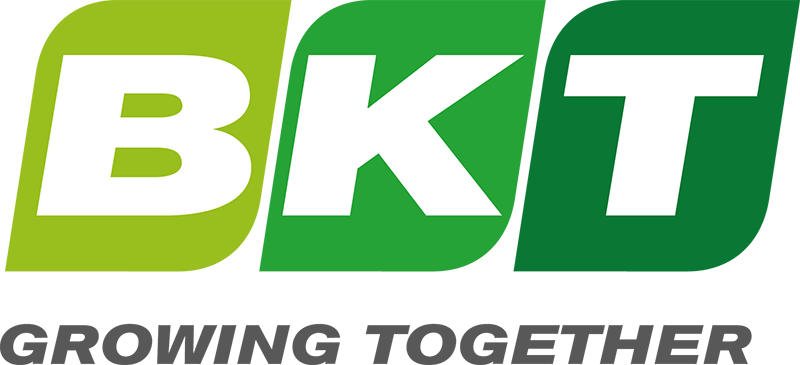![]()
EDF investors agree 4bn euros Hinkley Point fundraising
Shareholders at French energy giant EDF have approved plans to issue new shares to raise 4bn euros (£3.4bn) to help pay for the nuclear plant at Hinkley Point.
The move comes ahead of Thursday’s board meeting where the firm is expected to finally approve the project in Somerset – Britain’s first new nuclear power plant in decades.
The French state, which owns 85% of EDF, will buy 3bn euros-worth of new shares in the fundraising.
The project is expected to cost £18bn.
“We need to boost our equity as market conditions are tough and we need to maintain the quality of our debt and our credit rating,” EDF chief executive Jean-Bernard Levy said.
Hinkley Point C, which would provide 7% of the UK’s total electricity requirements, had originally been meant to open in 2017.
But it has been hit in recent months by concerns about EDF’s financial capacity to handle the project.
While one third of the £18bn capital costs of the project are being met by Chinese investors, Hinkley Point would remain an enormous undertaking for the stressed French company and has been criticised by French unions.
But last week, confirming Thursday’s board meeting, EDF said Hinkley Point C was a “major element” of its low-carbon growth strategy.
Earlier this month, the new Chancellor Philip Hammond said the government remained committed to building Hinkley Point, despite the rising potential cost to the consumer of the electricity it will produce.
The UK government has guaranteed a price of £92.50 per megawatt hour of electricity – more than twice the current cost – for the electricity Hinkley produces for 35 years.
Wholesale energy prices have fallen since the price was agreed, leaving the government to make up the difference.
The UK’s National Audit Office estimated future top-up payments would rise from £6.1bn to £29.7bn over the length of the contract.
http://www.bbc.co.uk/news/business-36901214
























